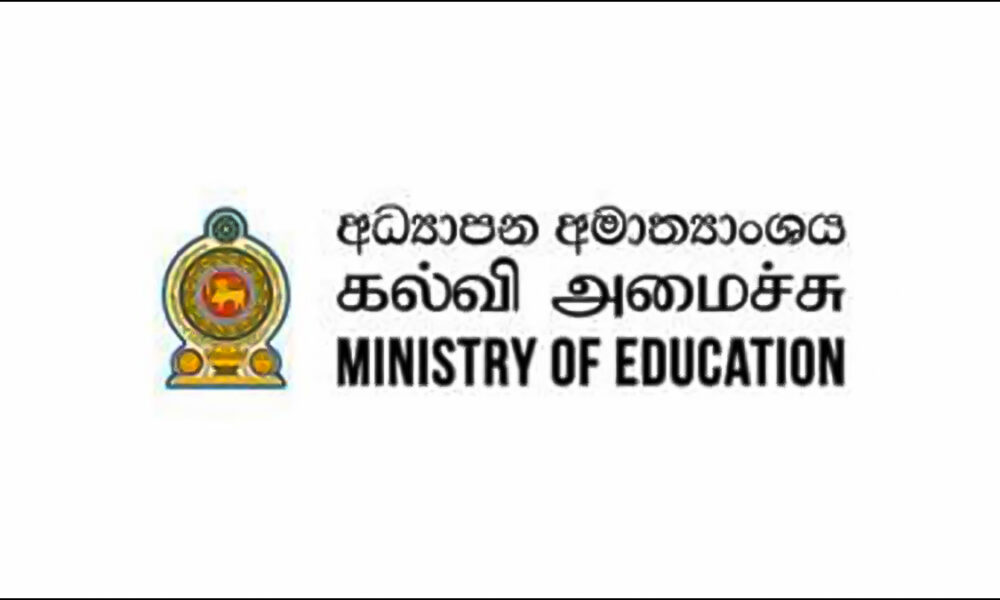At the Sri Lanka Human Capital Summit 2024 held on July 18 at Temple Trees, President Ranil Wickremesinghe highlighted the need for significant reforms in the country’s post-school education system.
“We have too many agencies, departments, and ministries overseeing post-school education,” said Wickremesinghe. “I propose creating a single agency to manage all aspects of post-school education and training centers.”
Wickremesinghe estimated that around 700-800 agencies currently handle this sector. He suggested consolidating these into approximately 300 vocational colleges, which could be updated and modernized to offer advanced technology and management programs. He also advocated for the introduction of associate degrees in technical and vocational fields.
The summit, which included notable attendees like former Australian Prime Minister Scott Morrison and former Maldives President, focused on the theme ‘Unlocking Sri Lanka’s Economic Potential by Building a Future-Ready Workforce.’
Sri Lanka has experienced significant worker migration since its socioeconomic crisis began two years ago, notably impacting sectors like ICT.
In 2022, approximately 400,000 Sri Lankans left the country, with a similar, albeit slightly lower, number departing in 2023. Many left due to insufficient funds to cover their children’s education and debts, exacerbated by the severe depreciation of the Sri Lankan rupee. “We adjusted salaries when the exchange rate was LKR 185 to the dollar, but prices soared when it hit LKR 300 to the dollar. It’s challenging for a middle-class executive to survive under these conditions,” President Ranil Wickremesinghe noted.
Wickremesinghe believes that while migration numbers may continue to decline, fundamental economic reforms could mitigate the issue by 2026/2027. He emphasized the need to focus on the vocational and technical sectors, as many of those who left were not university graduates but were vocationally and technically trained.
“To address this, we must reassess and align our NVQ qualifications with the internationally recognized Australian system, which includes provisions for associate degrees,” he suggested.
President Ranil Wickremesinghe emphasized that successful development in other Asian countries has relied on strong systems of vocational and technical education, higher education, and capital formation.
“For countries like India, Bangladesh, and Sri Lanka to advance, we must enhance our human capital development. The entire BIMSTEC region needs to collaborate,” Wickremesinghe stated.
He highlighted the need for a fundamental economic transformation to identify and address the sectors requiring skilled personnel. The president pointed to the potential for growth in IT and automation industries and stressed the importance of expanding the private sector.
Wickremesinghe argued that financial capital is essential for developing human capital. “We need to shift from aid projects focused on buildings and equipment to foreign assistance aimed at strengthening and modernizing our education system,” he said.
Sri Lanka plans to seek support from countries like Australia to enhance its education system. “We have existing project papers on educational opportunities from the Australian High Commission from 2021 or 2022. Universities such as Deakin University, Edith Cowan University, and Sydney Technology University are already establishing campuses here,” he noted.
Sri Lanka aims to become a regional hub for human capital development.


